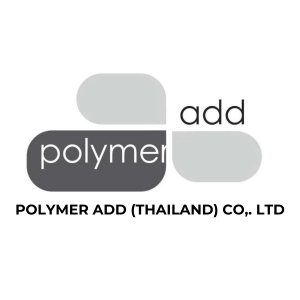Flexibility
Plasticizers are added to PVC to increase its flexibility and durability. Liquid plasticizers typically offer better flexibility compared to more solid ones, allowing for greater versatility in applications where PVC needs to bend or stretch.
Processing Ease
Liquid plasticizers can enhance the processing characteristics of PVC. They facilitate the mixing and blending processes during PVC compounding, making it easier to achieve uniform dispersion of additives and ensuring consistent product quality.
Compatibility
Liquid plasticizers often exhibit better compatibility with PVC resin. This means they are less likely to migrate out of the PVC matrix over time, which can lead to issues such as surface blooming or reduced mechanical properties.
Environmental Concerns
Some solid plasticizers may contain higher levels of phthalates or other chemicals of concern, which can raise environmental and health-related issues. Liquid plasticizers may offer formulations that are more environmentally friendly and meet regulatory requirements or consumer preferences for safer products.
End-Use Applications
Different applications may require specific properties from PVC, such as flexibility, transparency, or resistance to environmental factors like temperature or chemicals. Liquid plasticizers can be tailored to meet these diverse requirements, offering a wider range of options for various industries and applications.
Overall, the choice of plasticizer for PVC depends on the desired properties of the final product, processing requirements, environmental considerations, and regulatory compliance. Liquid plasticizers often offer advantages in flexibility, processing ease, and environmental impact, making them preferable for many PVC applications.
